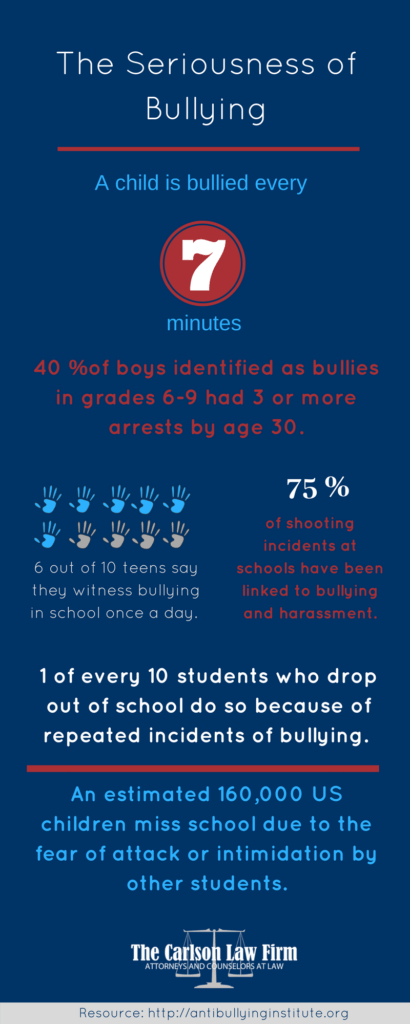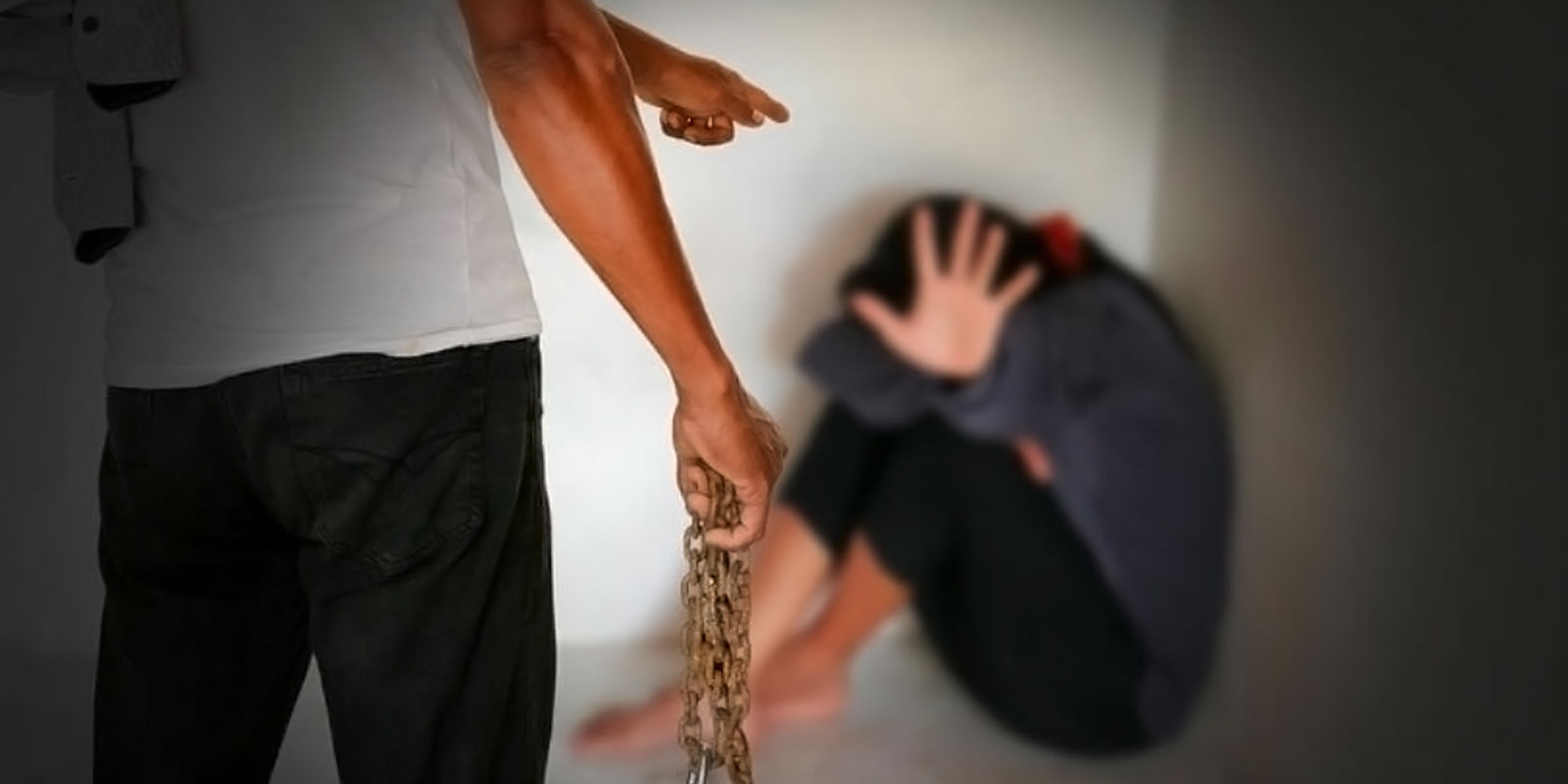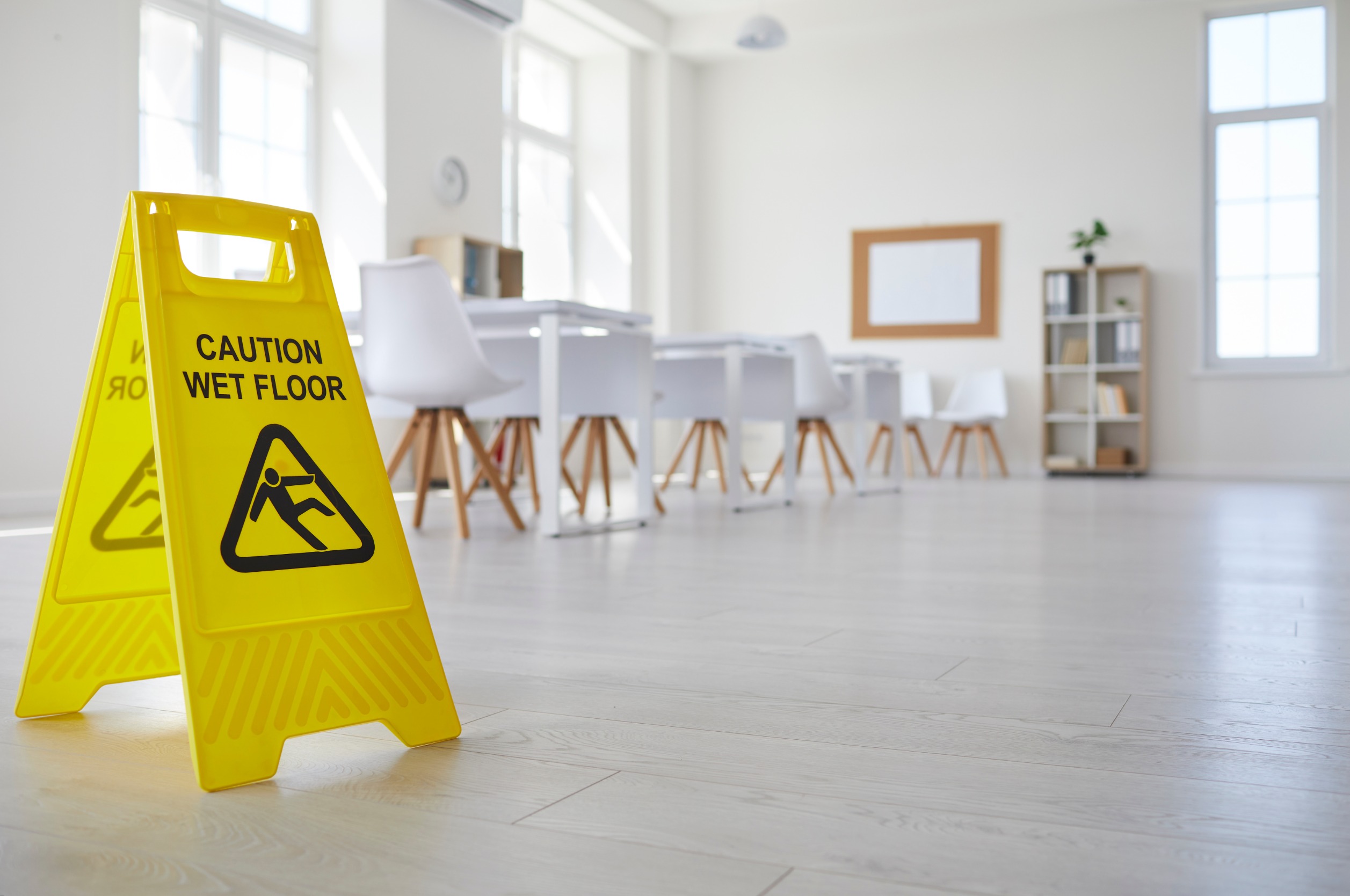Bullying. This action has become one of the most serious problems among school-aged children, particularly for those in private schools. In fact, it has the potential of escalating to the point that victims endure serious harm physically, emotionally and mentally. The bullying epidemic affects not only the victims but also their parents, teachers and their community. However, many private school parents believe that they can’t seek legal recourse for the action or inactions of their child’s school.
There are several think pieces available on the internet that describe private school as the solution to the rise in bullying. Parents may send their children to a private school in hopes that their children don’t experience the same level of bullying that may have in public school. Private schools typically owe the same duty of care to your child that a public school does. While regulations regarding the affairs of private schools are kept to a minimum, states still require private schools to provide a reasonable degree of safety to the children that attend these schools. When private schools fail to ensure the safety of children on their campus, they are just as open to lawsuits as public schools.
What is bullying?
Bullying is an act intended to intentionally humiliate or degrade another person against their will. The Texas Education Code defines bullying under Section 37.0832. Bullying, by definition, is an act or pattern of acts by one or more students directed at another student. This often exploits an imbalance of power and involves a written or verbal expression, expression through electronic means, or physical conduct, that:
- Will physically harm another student, damage a student’s property, or place a student in fear of harm;
- Is severe, persistent, or pervasive enough to create an intimidating, threatening or abusive educational environment for the student;
- Disrupts the educational process or orderly operation of a classroom or school; or
- Violates the rights of the victim.
What are the tactics bullies use?
While bullying can occur anywhere or at any time, the methods bullies use are consistent. Some methods of bullying are more apparent. However, there are several tactics that are more subtle. These subtle tactics such as encouraging others to socially excluding someone or spreading false or embarrassing rumors can be just as damaging to a person as physical acts of bullying. This type of bullying damages a child’s self-esteem, which may lead to depression in young children or teens. Although there are several tactics a bully will use, there are generally three bullying categories these tactics fall into:
Verbal bullying includes saying or writing mean things. Some examples include:
- Teasing
- Name-calling
- Inappropriate sexual comments
- Taunting
- Threats of physical violence
Social bullying involves hurting someone’s reputation or relationships using:
- Purposely excluding someone
- Telling other children not to be friends with someone
- Spreading rumors about someone
- Embarrassing someone in public
Physical bullying is harming a person’s body or possessions by:
- Hitting, kicking, pinching etc.
- Spitting
- Tripping or pushing
- Taking or damaging someone’s things
Cyberbullying
Schoolyard bullies were a student’s worst nightmare back in the day. However, in today’s modern age, bullying extends past the school campus and reaches victims in their own home. Today, it is cyberbullying that is feared the most. But, what exactly is cyberbullying?
The act of cyberbullying entails sending, posting or sharing negative, harmful, mean content about another person that causes embarrassment or humiliation through digital devices including cell phones, computers, and tablets.
Bullies behind a screen can attack any time of day or night by taunting, harassing, threatening or humiliating their victim with the simplicity of a few keystrokes. Examples of cyberbullying include:
- Sending vicious text messages, emails or instant messages about a student
- Spreading rumors or gossip by posting it on social networking sites
- Taking and sending embarrassing pictures or videos without permission
- Creating a fake profile and pretending to be another student
David’s Law
Senate Bill 179, also known as David’s Law was named after David Molak who took his own life after being a victim of extensive cyberbullying. Under David’s Law, Texas public schools are given the authority to combat and prevent cyberbullying that occurs off-campus. School administrators and law enforcement are now empowered to discipline bullies while focusing on rehabilitation.
The original draft of David’s Law included private schools. However, because private schools are governed through accreditation commissions, private school lobbyist persuaded lawmakers to remove private schools from the bill. Instead, best practices for off-campus bullying standards are often included in accreditation standards.
The impact of bullying
According to the Center for Disease Control, suicide is the second leading cause of death for American teenagers and young adults. Besides suicidal thoughts or actions, a victim of bullying may also face the following:
- Alcohol or drug use
- Changes in eating habits
- Decreased self-esteem
- Depression
- Increased health problems
- Insomnia
- Isolation
- Nausea
- Grades have declined in school
- Skipping school
Future negative effects do not just affect the victim of bullying. In fact, studies reveal bullies themselves face challenges later in life. According to the Anti-Bullying Institute, 40 percent of boys identified as bullies in grades six through nine had three or more arrests by age 30.

Signs a child is a victim of bullying
- Unexplainable injuries
- Lost or destroyed clothing, books, electronics or other personal belongings
- Frequent headaches or stomachaches
- Overeating at home (Children may binge eat at home because they did not eat lunch at school)
- Frequent nightmares
- Poor grades in schoolwork
- Sudden loss of friends
- Decreased self-esteem
- Self-destructive behavior (harming themselves, talking about suicide)
Signs a child is bullying others
- Involvement in physical or verbal fights
- Friends are bullies
- Their behavior is increasingly aggressive
- Have new and unexplained belongings
- Do not accept responsibility for their actions
- Are competitive and worry about their popularity
Why don’t bullied kids ask for help?
The U.S. Department of Education reports that an adult was notified in only 40 percent of bullying incidents. This should be a red flag as to why children are not reaching out to an adult for help. Common reasons that may cause a child to hold back from speaking up and seeking help include:
- The fear of being labeled a tattletale.
- May worry of bully retaliation.
- The child may already feel socially isolated and feel like no one could understand or care.
- May not want adults to know what is being said about them even if it is false.
Is bullying a crime?
There are no federal laws that directly address bullying. However, in some cases, bullying overlaps with discriminatory harassment. This means schools have an obligation to end the harassment. Federal discrimination laws provide students protection from the following:
- A person’s race, color or national origin is prohibited by Title VII of the Civil Rights Act of 1964.
- A student’s sex or gender is prohibited by Title IX of the Education Amendment of 1972.
- Against disabled students is prohibited under Section 504 of the Rehabilitation Act of 1973 and Title II of the Americans with Disabilities Act of 1990.
Again, if a school knowingly allows these violations to transpire, it may be legally responsible.
Anti-bullying laws by state
Every state has anti-bullying laws that require schools to take action to address and prevent bullying. Legally, schools have a duty to help stop and prevent bullying. Also, it must do everything within reason to stop acts of bullying it is aware of or should have been aware of. Look at your state’s anti-bullying laws. There are often legal consequences to teachers, school administrators and school districts who do not respond by preventing or stopping the offending behavior in cases of bullying on school grounds.
How can private schools fail to protect students?
As mentioned, private schools owe a duty of reasonable care to you and your child. This means that a private school must provide the following:
- Proper supervision of your child during recess, lunch and other times students play in groups.
- Safe and clean classrooms and education facilities.
- Maintenance and repairs of hazardous situations that the school is aware of.
- Qualified and competent teachers and coaches to provide proper educational and supervisory care for children.
Adult leadership on a private school campus should not allow bullying to happen or fester among students of any grade level. Further, teachers, coaches and other staff on campus should not be the aggressors or complicit in bullying. Often, private schools face lawsuits for reasons similar to those of public schools, such as:
- failure to supervise
- failure to provide safe and well-maintained facilities
- discrimination
- sexual harassment
- severe, excessive or undeserved punishment of a student
- improper expulsion
When should you talk to a lawyer?
Schools have a responsibility that consists of taking steps to prevent and stop bullying when it occurs. If the school or governing board has not provided a reasonable solution for the bullying your child is suffering, it may be necessary to speak with a lawyer as soon as possible about your situation.
Although schools are responsible for maintaining a safe learning environment for all students, the reality is staff often don’t treat bullying as seriously as it should be. Lawyers who take on cases involving bullying can help victims, and their families pursue legal claims against schools and/or parents who are not working towards putting an end to the problem. If your child’s private school has failed to protect your child, you may be able to recover compensation for damages.
How The Carlson Law Firm can help
Children who are the victims of ongoing bullying in their private school have rights, and you as a parent are not alone. Here at The Carlson Law Firm, we understand that despite anti-bullying laws and policies across the country, many times adult leaders at private schools turn a blind eye, which can lead to severe consequences if not put to an end.
If your child’s private school has been negligent in its duty to provide a safe learning environment and your child has suffered physical or psychological injuries due to serious instances of bullying, we want to help. We have a team of compassionate attorneys who are ready to stand up for your rights and seek the justice you and your family deserve. Contact us today for a free consultation. We care, we can help.





